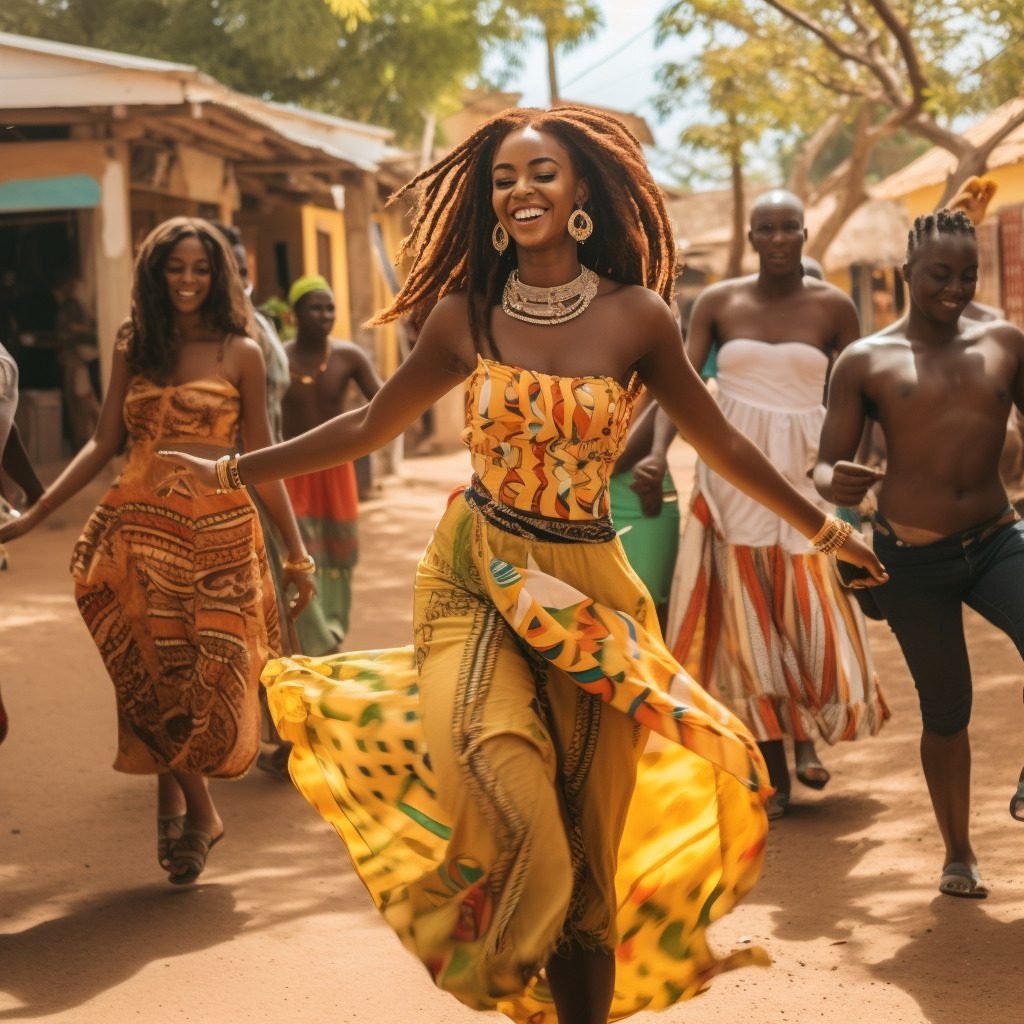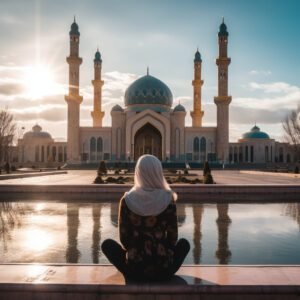Introduction
When traveling to a foreign country, it is essential to familiarize yourself with the rules and cultural norms to ensure a smooth and respectful experience. Each country has its unique set of guidelines that locals follow, and visitors should do the same to avoid misunderstandings and show respect for the local culture. In this article, we will explore the rules and cultural norms in Senegal, providing you with valuable insights for your trip to this vibrant West African country.
Key Elements
Element 1: Greetings and Respect
Senegal is known for its warm, friendly, and welcoming people. Greeting others with a handshake is considered polite, and it is customary to ask about the person’s well-being and their family. Titles such as “Monsieur” (Mr.) or “Madame” (Mrs.) are used as a sign of respect when addressing individuals. It is also common to use “vous” when speaking to someone you have just met, which is the formal way of referring to someone in French.
Element 2: Dress Code and Modesty
Senegal is a predominantly Muslim country, and visitors should be mindful of the conservative dress code, especially in religious and rural areas. Both men and women should avoid wearing revealing clothing, and women are advised to cover their shoulders and knees. It is also respectful to remove your shoes when entering a Senegalese home or a mosque.
Element 3: Punctuality
Senegalese people value punctuality, especially in business settings. However, it is common for social gatherings to start later than the specified time, so it is advisable to be flexible and patient. Arriving a few minutes late is generally acceptable, but it is best to inform the host in advance if you anticipate a significant delay.
Element 4: Food Customs
Senegal is renowned for its rich culinary traditions, and sharing a meal is an important aspect of Senegalese culture. It is customary to eat with your right hand, as the left hand is considered unclean. When dining at a Senegalese home, it is polite to accept food or drink offerings and to praise the chef for the delicious meal.
Element 5: Photography Etiquette
When taking photos in Senegal, it is important to respect the privacy of individuals and seek permission before capturing their image. Some religious sites and cultural landmarks may also have restrictions on photography. It is always best to err on the side of caution and ask for guidance when unsure.
Element 6: Respect for Religion and Traditions
Senegal is predominantly Muslim, with Islam deeply ingrained in its culture. Visitors should be respectful of religious traditions and customs. Avoid eating, drinking, or smoking in public during Ramadan, and dress modestly when visiting mosques or religious sites. It is also advisable to learn a few phrases in Wolof, the primary local language, as it demonstrates an interest in the culture and fosters better communication.
Tips for Traveling
Now that we have explored some key elements of Senegalese rules and cultural norms, here are some practical tips to enhance your traveling experience:
- Research Local Laws: Familiarize yourself with Senegal’s laws and regulations to ensure compliance during your visit. Pay special attention to customs regulations, as certain items may be restricted or prohibited.
Learn Basic Phrases: While many Senegalese people speak French, knowing a few basic phrases in Wolof can greatly enhance your interactions and show respect for the local language and culture.
Currency and Tipping: The official currency of Senegal is the West African CFA franc (XOF). Familiarize yourself with the current exchange rates and be mindful of tipping customs, as tipping is not customary in Senegal.
Transportation and Navigation: Plan your transportation in advance and consider using reputable taxi services or public transportation options. Negotiate fares before entering a taxi or agree on a price for your journey in advance. It is also advisable to carry a map or use a reliable GPS device to navigate the cities.
Health and Safety Precautions: Prioritize your health and safety by staying hydrated, using sunscreen, and taking necessary vaccinations before traveling to Senegal. It is also advisable to drink bottled water and practice good hygiene to prevent any potential illnesses.
Remember, this article aims to provide valuable insights, but it is always best to consult official resources and seek professional advice to ensure the accuracy and currency of the information.
Disclaimer: The information provided in this article is meant to serve as a general guide to Senegal’s rules and cultural norms. It is important to conduct further research and consult official sources to obtain the most up-to-date information before traveling to Senegal. Following local laws and customs is essential for respectful and enjoyable travels.



